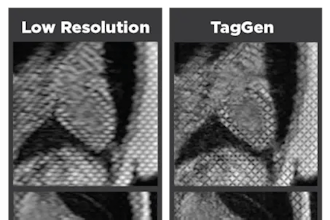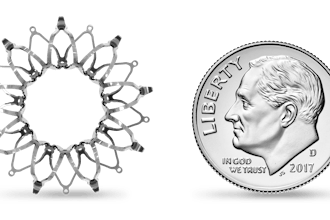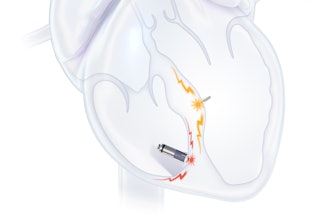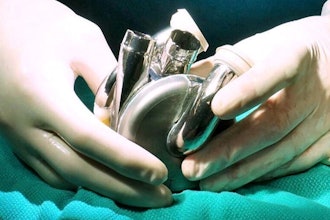
Abbott today announced the first patient procedures with its investigational transcatheter aortic valve implantation (TAVI) balloon-expandable system for treating symptomatic severe aortic stenosis. This investigational Abbott TAVI system is the first step toward Abbott's software-guided balloon-expandable TAVI system and is designed to build a foundation for artificial intelligence (AI) guided procedures. Once the investigational balloon-expandable system completes clinical development and is approved by regulatory authorities, Abbott's structural heart portfolio will offer physicians another TAVI management option to meet the patient's needs along with the company's Navitor TAVI system, which is already commercially available.
The investigational system is a type of balloon-expandable TAVI device, which works by crimping the new heart valve on a deflated balloon. The balloon with the mounted valve is then inserted into the body through an artery in the groin and routed up to the heart. Once properly positioned inside the narrowed heart valve, the balloon is inflated to expand the new valve, taking over the function of the patient's narrow native heart valve. The balloon is then deflated and removed from the body.
Continued research and expansion of TAVI solutions is necessary for the industry as the needs of physicians and patients evolve. Leveraging insights from physicians, the latest technology advancements and key learnings from the company's TAVI product portfolio, Abbott has developed this differentiated TAVI platform with the objective of building a foundation for the incorporation of AI-guided procedural capabilities. The goal is to enhance ease of use and precision, while offering best-in-class hemodynamic performance, or blood flow through the valve.






















